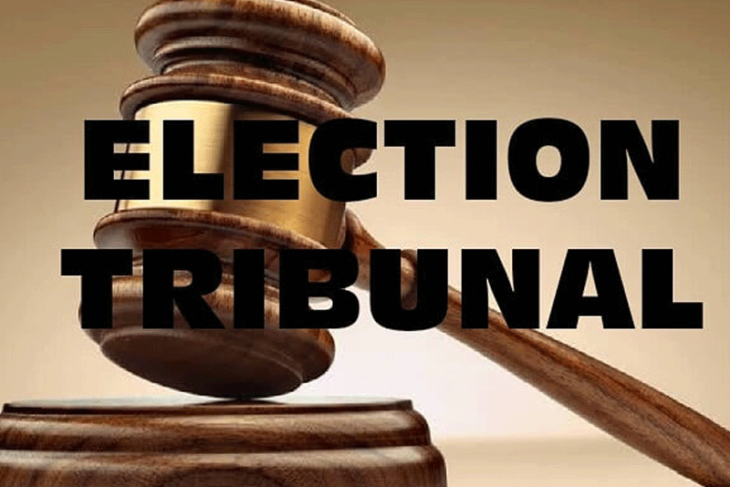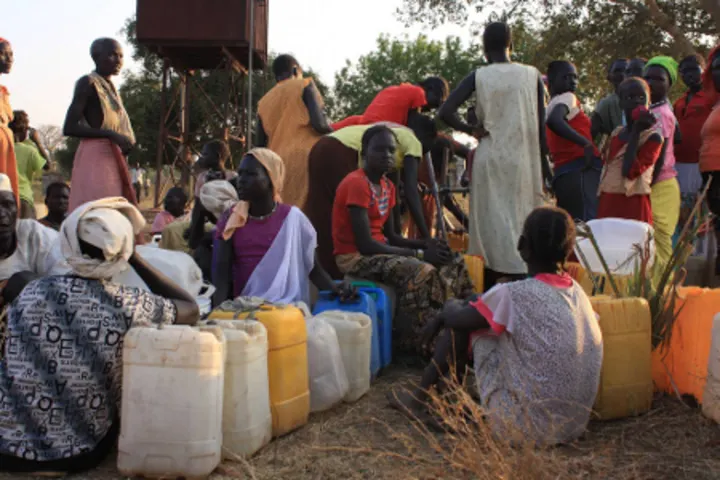Kenyans head to the polls on August 9 amid signs that East Africa’s largest economy could be headed for tough times.
The country’s currency- the Shilling has sharply depreciated. It means Kenya’s Treasury will face difficulty paying back its huge dollar-denominated debt.
The country’s debt rose from $16 billion in 2013 to $71 billion in 2021. As a result, Kenya spends nearly 30% of its revenues on interest payments.
The World Bank and Euro bond holders account for nearly half of Kenya’s external debt at 28% and 20% respectively, based on data from the Treasury. China, whose loans have gone on infrastructure including the Standard Gauge Railway is responsible for 19% of Kenya’s external debt.
The coronavirus pandemic hurt tourism, one of Kenya’s foremost sources of foreign exchange while soaring energy prices are threatening to scuttle the recovery which began in 2021.
With global interest rates shooting up, it is going to become costly for Kenya to borrow or pay back its lenders.
Charlie Robertson is the Global Chief Economist at Renaissance Capital. He joins the show to discuss the tough decisions awaiting Kenya’s new government.
Tanzania agrees credit facility with IMF
The International Monetary Fund will extend over $1bn in credit to Tanzania to help the east African country’s recovery from the pandemic and effects of the war in Ukraine.
The facility, subject to the IMF board approval, will be disbursed over 40 months.
Growth slowed to 4.8% in 2020, recovering to just 4.9% the following year, as Covid-19 travel restrictions battered the tourism sector, a key source of income for Dar es Salaam.
Nigeria: State-owned oil giant NNPC becomes private entity
The move means the Nigerian National Petroleum Company (NNPC) which has existed as a state monopoly for over 50 years will open up its capital to private investment. It is also in line with a new petroleum bill passed by parliament last year, which aims to create efficiency in the country’s oil sector beset by a lack of investment and corruption.
Abuja hopes that letting the company go private will reduce the government’s fiscal responsibilities to it, thus freeing up funding for other projects.
Last year, the company said it would consider listing on the stock exchange as early as 2024.














